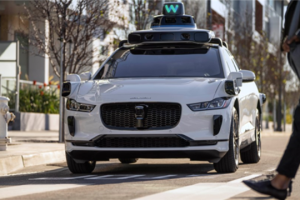April 25, 2025 – Google has projected that the United Kingdom could unlock an additional £400 billion in AI-fueled economic growth if businesses invest in upskilling their workforces effectively, Reuters reports. This follows findings from a pilot initiative demonstrating that integrating AI into routine administrative tasks could save employees over 120 hours of work annually.
A research report released by Google today highlights how pairing AI accessibility with brief foundational training programs could rapidly accelerate technological adoption across industries while contributing to broader macroeconomic gains. The analysis, conducted in partnership with Public First, reveals that approximately two-thirds of participating workers had zero prior exposure to generative AI tools at their jobs—a gap particularly pronounced among older women from lower socioeconomic backgrounds.
Debbie Weinstein, President of Google’s EMEA region, explained that the “AI Works” pilot engaged networks of small businesses, educational trusts, and labor unions. Data collected showed employees saved an average of 122 hours per year on administrative duties after AI deployment. However, widespread hesitancy persists: many workers remain reluctant to adopt AI due to perceived ethical ambiguities, questioning whether leveraging such tools constitutes “fair practice” or proper professional conduct.

“Employees essentially need permission to innovate,” Weinstein observed. “They ask, ‘Is this really allowed?’ Creating explicit authorization frameworks becomes critical to overcoming psychological barriers.” She emphasized that even minimal training—spanning just a few hours—doubles AI usage frequency among newly introduced users and sustains engagement over months by building confidence.
The report attributes these interventions to bridging AI adoption gaps across demographic segments. Prior to training, only 17% of women over 55 reported weekly AI usage, with daily engagement plummeting to 9%. After three months of exposure and targeted instruction, those figures surged to 56% and 29% respectively.
“What began as a skills gap has transformed into an opportunity gap,” Weinstein concluded. “By democratizing access through training and normalization, we’re witnessing how technology can become an equalizer rather than an elitist tool.” The findings underscore the interdependent relationship between workforce development and AI’s economic multiplier effects, suggesting targeted upskilling could serve as both a social catalyst and economic accelerant in the UK’s digital transformation journey.












